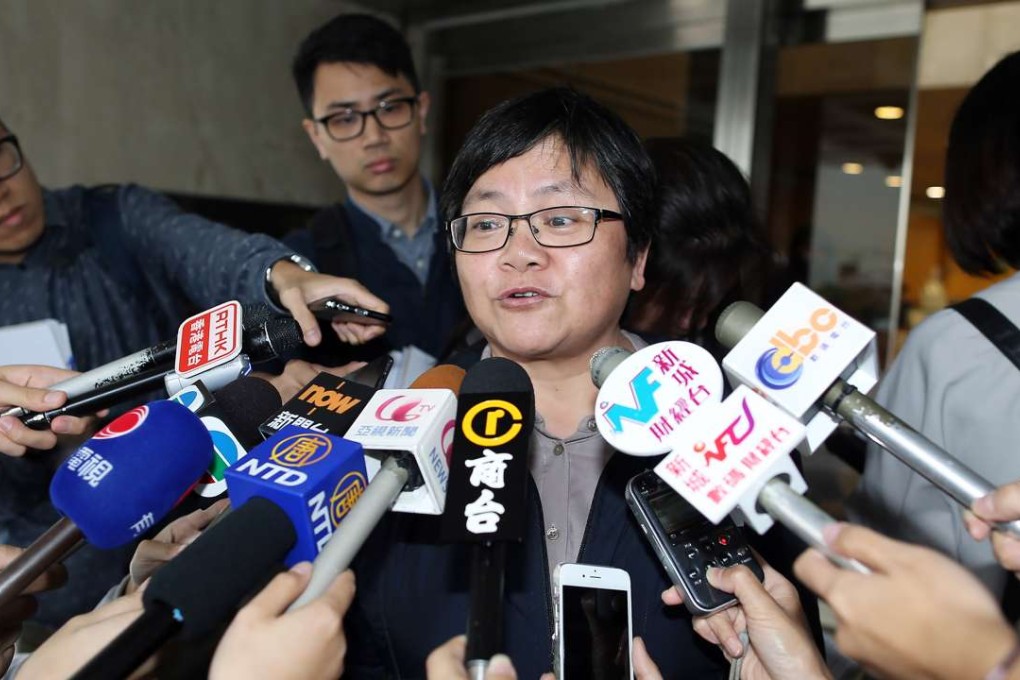Perception of Hong Kong press freedom declines for second year, according to Journalists Association survey
Journalists and members of the public also say that self-censorship has become more common

The perception of press freedom in Hong Kong deteriorated for a second consecutive year, according to the latest survey by the Hong Kong Journalists Association, with both journalists and members of the public saying self-censorship had become more common.
A significant 85 per cent of media workers surveyed for the annual Hong Kong Press Freedom Index felt that the freedom had declined over the past year, a stance shared by over half of general public respondents.
Hong Kong press freedom sinks to new low in global index
The overall Press Freedom Index for the public declined 1.4 points to 47.7 out of 100.
For the first time since the survey was carried out three years ago, the decline in the public’s score was sharper than the fall in the score given by journalists, which went down 0.7 points year-on-year to 38.2 points.
“This shows that the deterioration in press freedom in Hong Kong is very severe. Not only media workers but the public have also noticed this problem”, HKJA chairwoman Sham Yee-lan said.
The Press Freedom Index is made up of two polls conducted from January to February.
Over 1,000 members of the public and 446 journalists participated in the surveys.